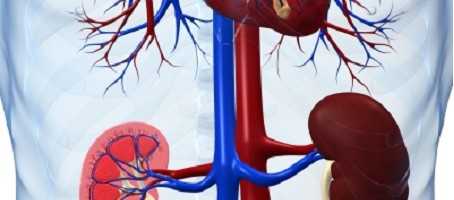The development of type 2 diabetes has been linked to systemic inflammation among HIV-positive people taking antiretrovirals (ARVs).
Type 2 diabetes study
ARVs are designed to suppress the HIV virus, but findings from the Journal of Acquired Immune Deficiency Syndromes sought to analyse a link with type 2 diabetes.
An investigation was conducted of the relationship between baseline levels of high sensitivity C-reactive protein (hsCRP), interleukin (IL-6) and new type 2 diabetes diagnosis.
Approximately 3,700 people were studied in two large HIV treatment strategy trials – the SMART and ESPIRIT studies. ARVS were taken by all participants without any additional therapy.
Diagnosis of type 2 diabetes
Type 2 diabetes was diagnosed in 137 people during an average 4.6 years of follow-up, for a rate of 8.18 per 1,000 person-years. During follow-up, higher baseline hsCRP and IL-6 were associated with diagnosis for type 2 diabetes.
Those who developed diabetes had significantly higher median baseline levels of the two inflammatory markers compared to those who didn’t develop diabetes.
A number of traditional risk factors such as higher body mass index and older age were also linked to diabetes diagnoses.
The authors of the study concluded: “Our findings support the hypothesis that low-grade systemic inflammation is an underlying factor in the pathogenesis of type-2 diabetes”.
They also believe their findings provide “clues” as to why people with HIV on ARVs remain at increased risk of cardiovascular diseases and other chronic illnesses.
What's new on the forum? ⭐️
Get our free newsletters
Stay up to date with the latest news, research and breakthroughs.







